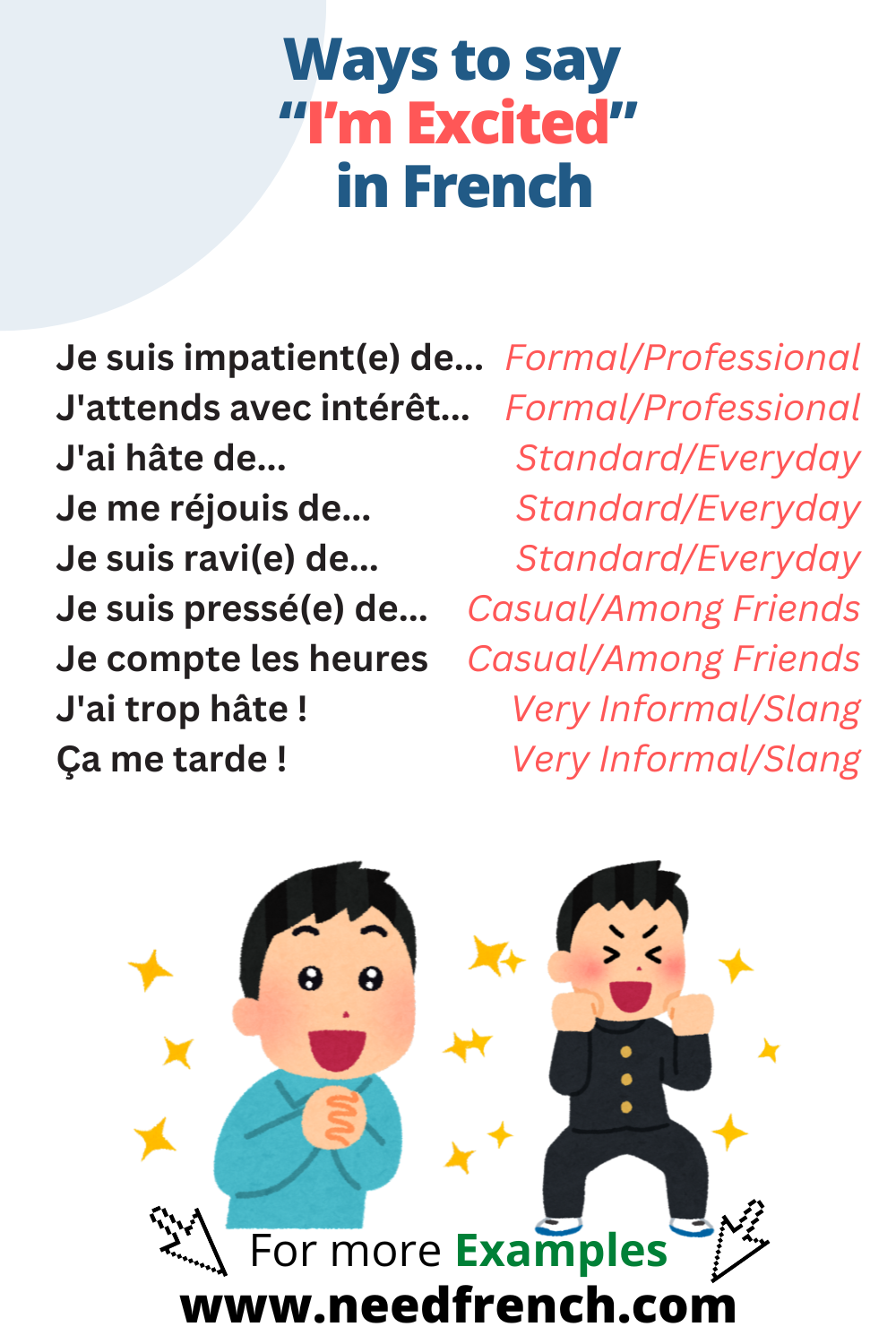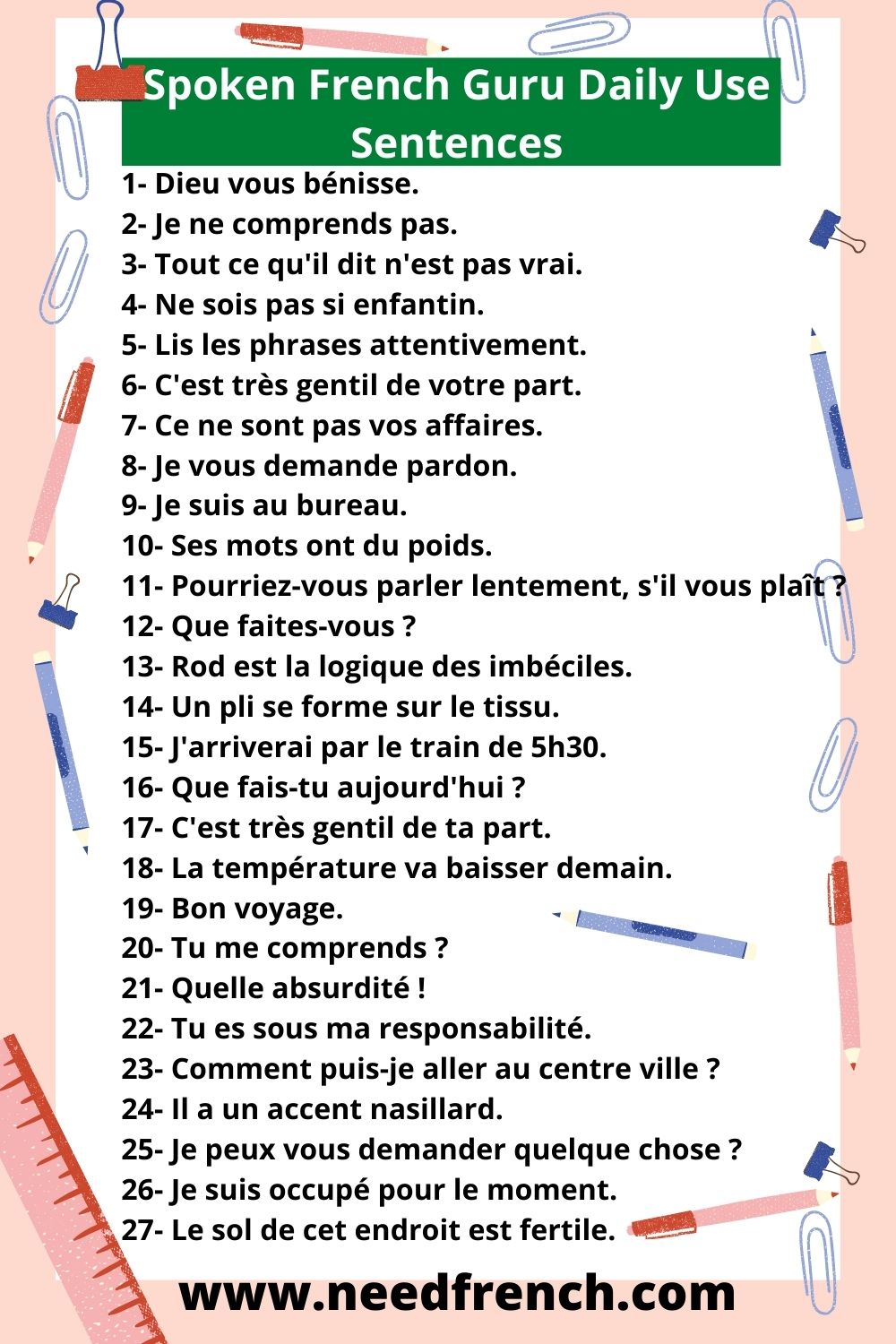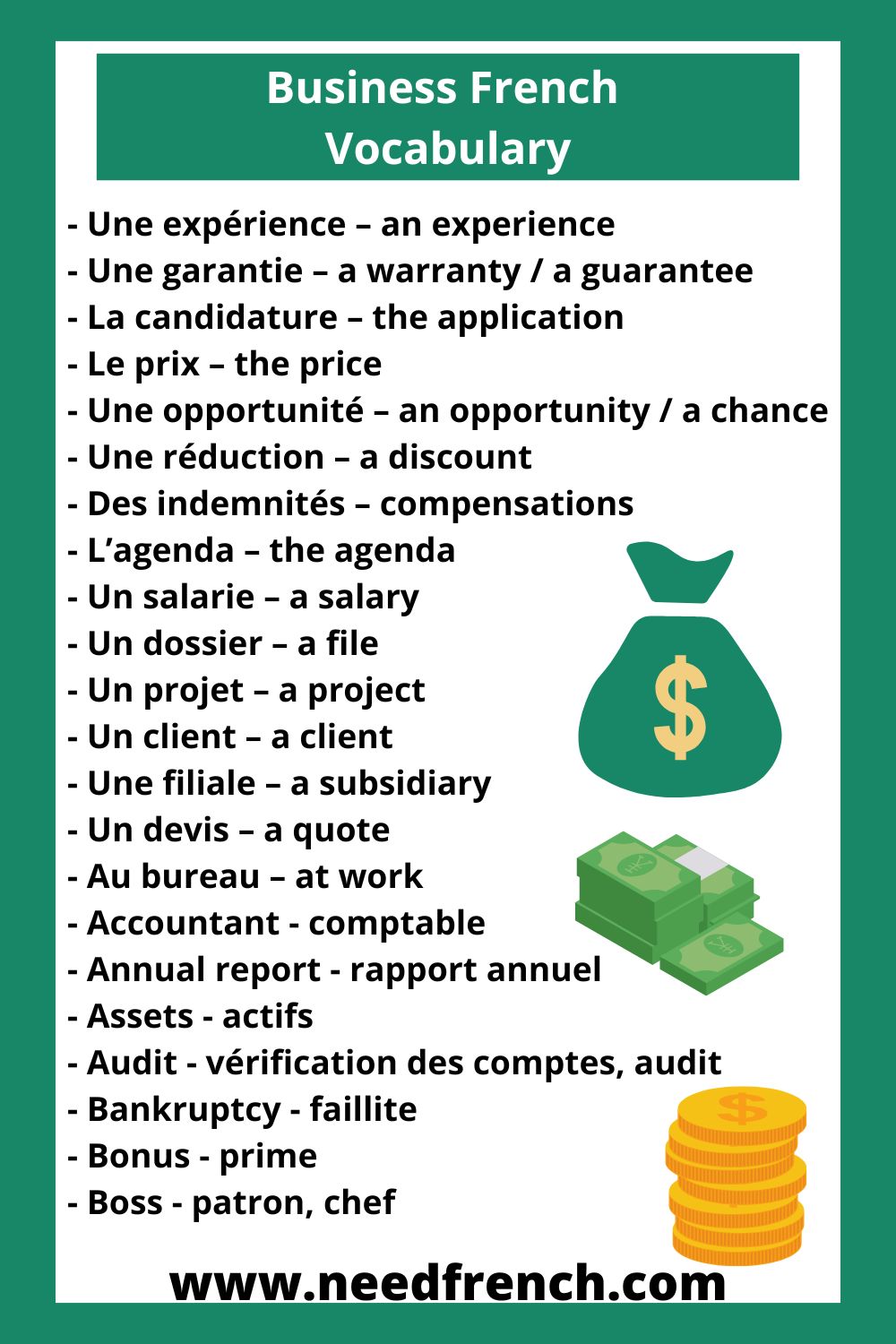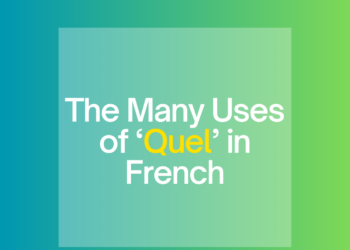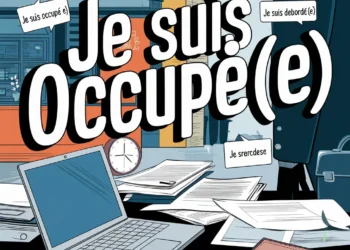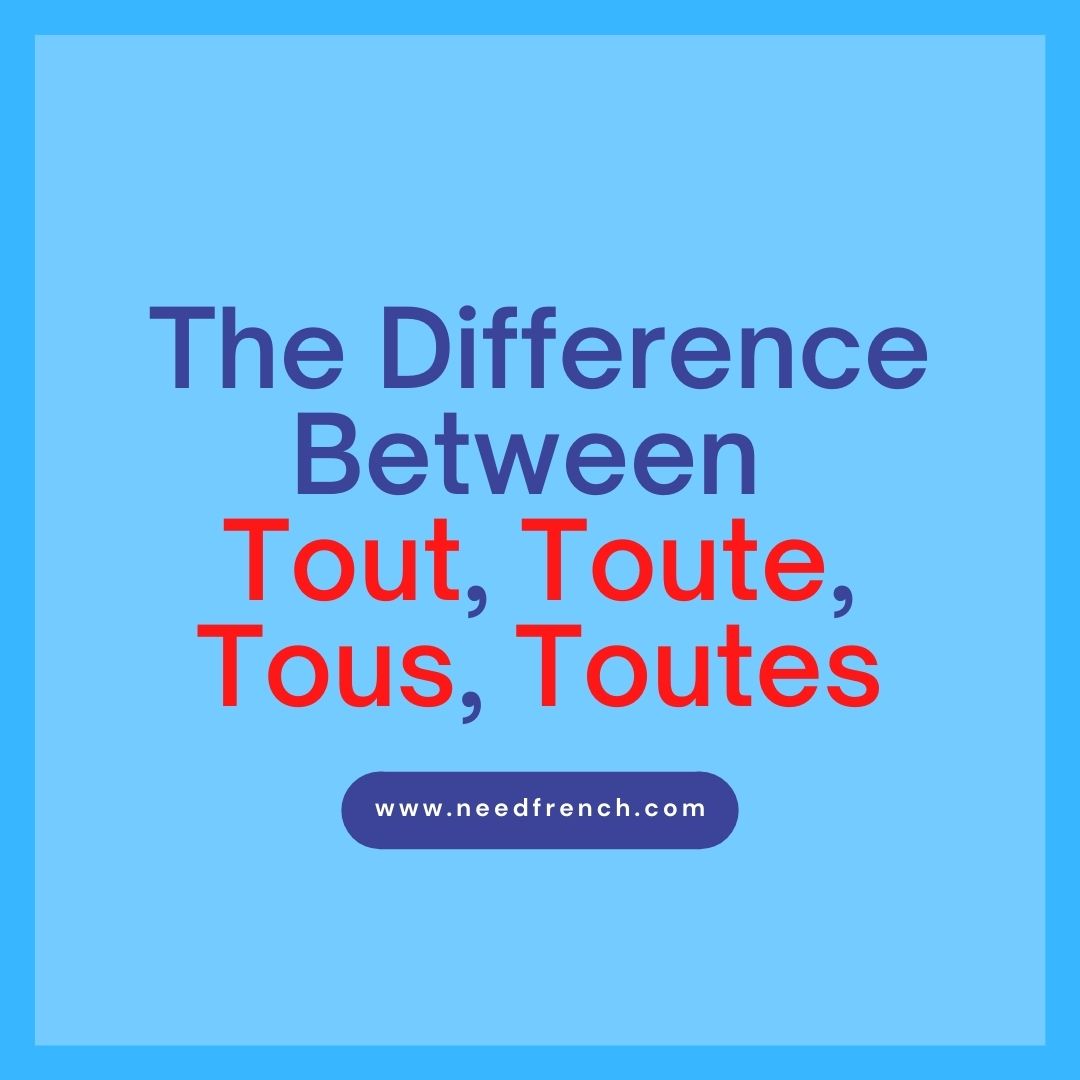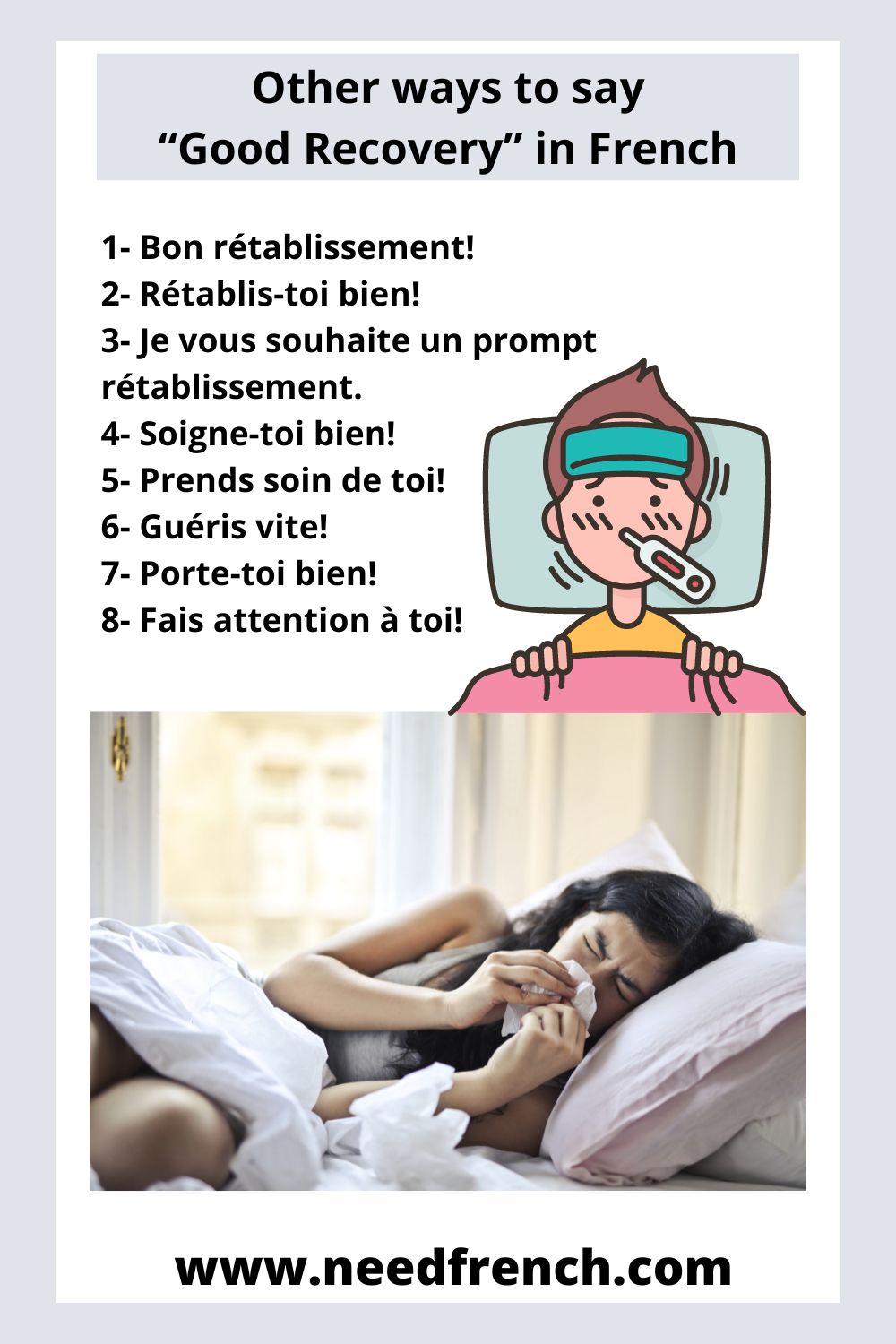Expressing excitement in French can be tricky as there’s no direct translation for “I’m excited.” Instead, French speakers use various expressions that convey anticipation, eagerness, or enthusiasm. This guide will help you express excitement appropriately in different contexts.
Table of Contents
ToggleExpressions by Formality Level
Formal/Professional
1. Je suis impatient(e) de…
Pronunciation: /ʒə sɥi ɛ̃pasjɑ̃ də/ (zhuh swee am-pah-see-yan duh)
- Formal expression of anticipation
- Literally means “I am impatient to…”
- Example: “Je suis impatiente de collaborer avec votre équipe.” (I’m excited to collaborate with your team.)
2. J’attends avec intérêt…
Pronunciation: /ʒatɑ̃ avɛk ɛ̃teʁɛ/ (zhah-tahn ah-vek an-tay-reh)
- Very formal, professional
- Means “I await with interest…”
- Example: “J’attends avec intérêt votre présentation.” (I’m looking forward to your presentation.)
Standard/Everyday
3. J’ai hâte de…
Pronunciation: /ʒe ɛt də/ (zhay at duh)
- Most common expression
- Means “I can’t wait to…”
- Example: “J’ai hâte de partir en vacances.” (I’m excited to go on vacation.)
4. Je me réjouis de…
Pronunciation: /ʒə mə ʁeʒwi də/ (zhuh muh ray-zhwee duh)
- Slightly formal but warm
- Means “I’m delighted about…”
- Example: “Je me réjouis de vous revoir.” (I’m excited to see you again.)
5. Je suis ravi(e) de…
Pronunciation: /ʒə sɥi ʁavi də/ (zhuh swee rah-vee duh)
- Pleasant enthusiasm
- Means “I’m delighted to…”
- Example: “Je suis ravie d’apprendre cette nouvelle.” (I’m excited to hear this news.)
Casual/Among Friends
6. Je suis pressé(e) de…
Pronunciation: /ʒə sɥi pʁese də/ (zhuh swee preh-say duh)
- Casual eagerness
- Means “I’m in a hurry to…”
- Example: “Je suis pressé de voir le nouveau film.” (I’m eager to see the new movie.)
7. Je compte les heures
Pronunciation: /ʒə kɔ̃t le œʁ/ (zhuh kohnt lay ur)
- Informal expression of anticipation
- Means “I’m counting the hours”
- Example: “Je compte les heures avant le concert !” (I’m counting the hours until the concert!)
Very Informal/Slang
8. J’ai trop hâte !
Pronunciation: /ʒe tʁo at/ (zhay troh at)
- Very enthusiastic, casual
- Means “I can’t wait!”
- Example: “J’ai trop hâte de te montrer mon nouveau tatouage !” (I’m so excited to show you my new tattoo!)
9. Ça me tarde !
Pronunciation: /sa mə taʁd/ (sah muh tard)
- Southern French expression
- Means “I can’t wait!”
- Example: “Ça me tarde de te voir !” (I’m excited to see you!)
Additional Expressions
- Je bouillonne d’impatience – “I’m bubbling with impatience”
- Je suis surexcité(e) – “I’m over-excited” (use carefully, can sound childish)
- Je suis tout(e) excité(e) – “I’m all excited” (careful: can have sexual connotations)
- Je suis aux anges – “I’m on cloud nine”
- Je suis emballé(e) – “I’m thrilled”
- Je trépigne d’impatience – “I’m stomping with impatience”
- Je suis enthousiaste – “I’m enthusiastic”
Important Notes
- Gender Agreement:
- Remember to add ‘e’ for feminine forms (impatiente, ravie, pressée)
- Construction Pattern:
- Most expressions follow the formula: expression + “de” + verb (infinitive)
- Example: “J’ai hâte de partir” (I’m excited to leave)
- Common Intensifiers:
- “Vraiment” (really)
- “Tellement” (so much)
- “Trop” (too much/very – informal)
Remember: “J’ai hâte de…” is your safest choice for most situations, as it’s widely understood and appropriate in most contexts.
